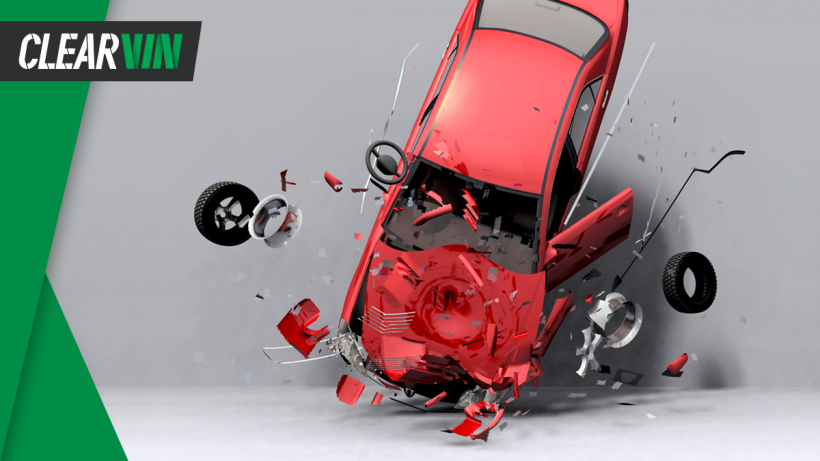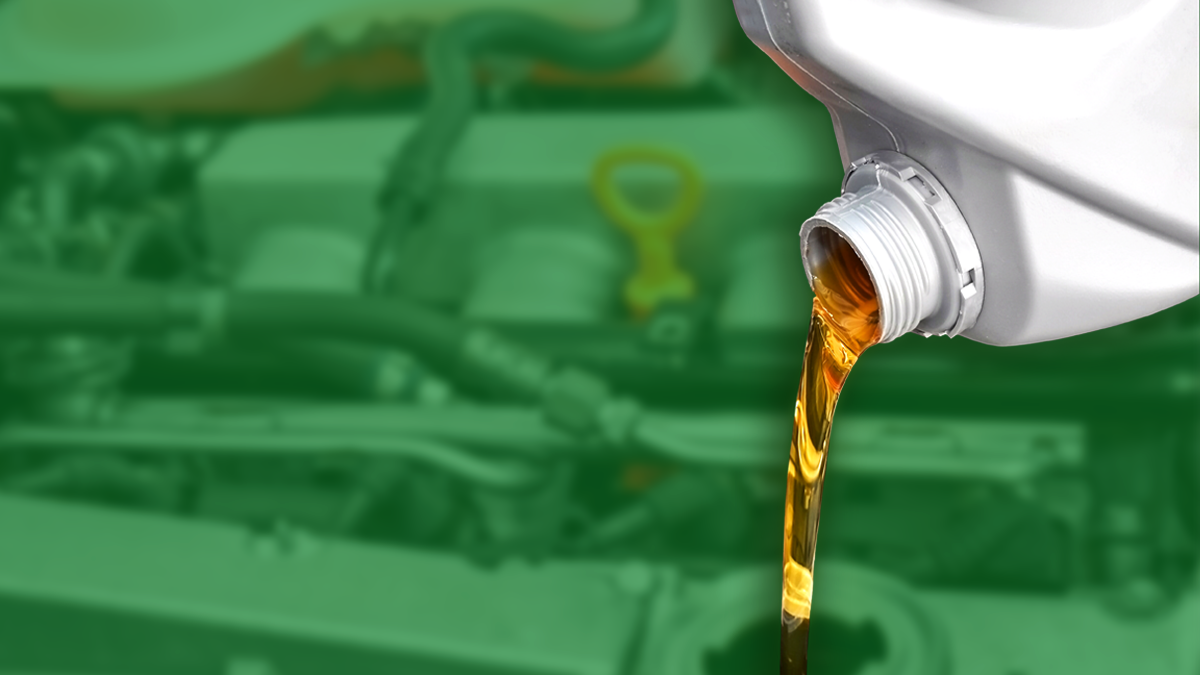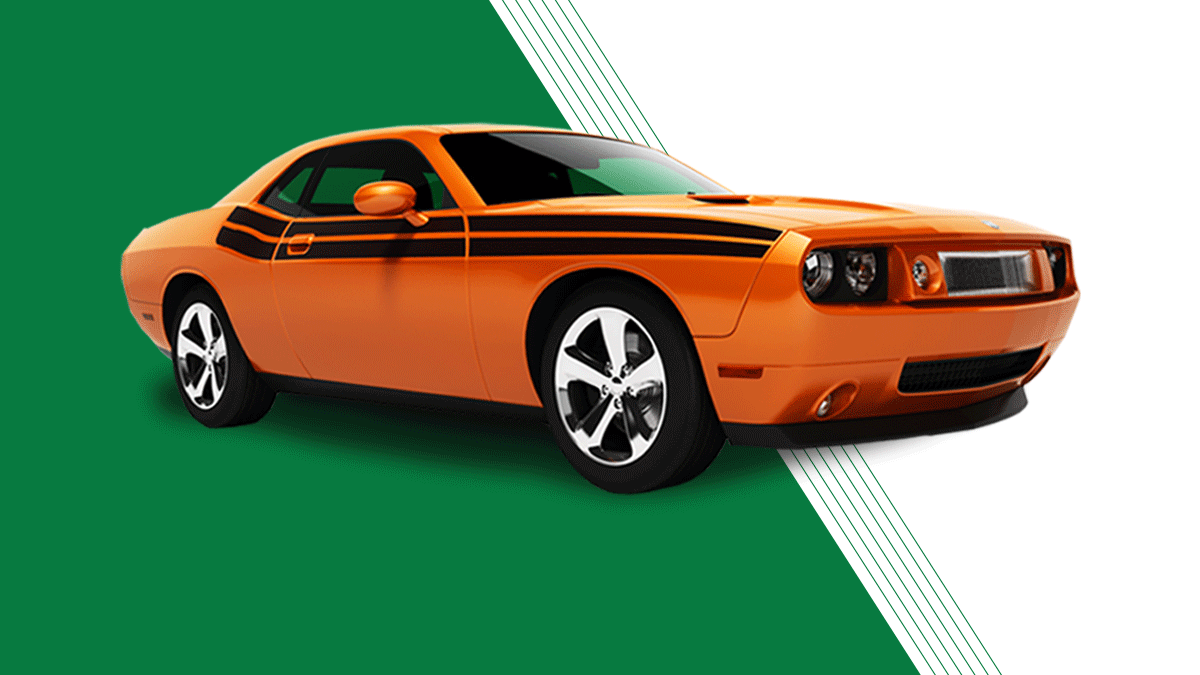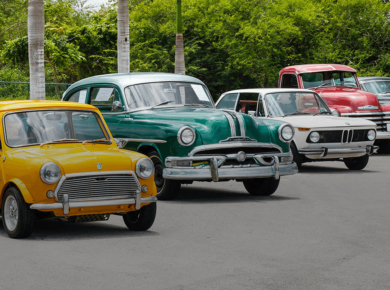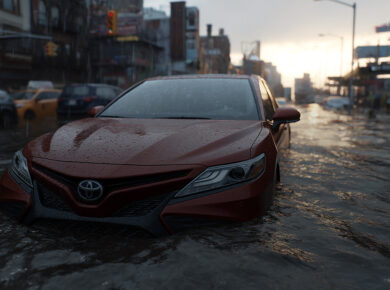Car accidents are one of those things that you hope will never happen to you. However, according to market and consumer data company Statista, there were 6.6 million vehicular accidents involving passenger cars in 2019. That’s nearly 13 accidents per minute.
Whether it’s a minor fender bender or a full-on collision, it pays to be ready and to know what to do if you ever find yourself in this difficult situation.
Here are some things to keep in mind in the event of a car accident.
Safety First: Are You Injured?
If you’ve been in a car accident, your first course of action should be to check yourself for injuries and call 911 for medical assistance if necessary. If you’re too injured to move, call 911 or have someone call them for you and wait for help to reach you.
Even if you feel perfectly fine and have no visible injuries, you may want to have yourself looked at by a doctor later just to be sure you have a clean bill of health. While some injuries aren’t immediately apparent, it doesn’t mean you don’t need medical care. Consult a doctor just to be sure.
Are Your Passengers Okay?
If you had passengers when the accident happened, check on them to make sure they’re okay. If someone’s injured, call 911.
Remember, you may not always know the extent of their injuries. They may look fine now but end up in the emergency room three days after due to pain or injuries that manifested later. When 911 reaches you, ask for a medical assessment.
Is It Necessary To Put Some Distance Between Yourself and the Car?
Has your car sustained damage? Is it making weird noises? Depending on the gravity of the accident, you may want to put some distance between you and the car for safety reasons. If you’re unable to move on your own, ask bystanders for help.
Call the Police
Depending on the laws of the state you live in, you might want to call the police. The responding officers will document the damage, the scene where it happened, and fill out an accident report.
Get a copy of the accident report since it will be useful if you’re planning on filing an insurance claim for your vehicle.
If the accident is minor and the police can’t reach you, you can document the incident for insurance purposes. You can then proceed to the police station and file an accident report yourself.
Move Your Car to the Side of the Road
If your car is still operable and you aren’t seriously injured, move your car to the side of the road so it doesn’t impede traffic. Turn off your car’s engine and turn on your hazard lights to alert other vehicles to your car so they don’t run into it. If the accident happened at night or during low visibility weather conditions, you can also use road flares to make your car easier to see.
However, if you were seriously injured, leave your car where it is and prioritize your safety and the safety of those around you.
Exchange Information With the Other Driver
Upon establishing that everyone is safe and well, exchange contact information with the other driver.
Generally, you should get each other’s:
- Full name
- Contact information
- Driver’s license and license plate number
- Insurance company and insurance policy number
- Type, color, and make of the vehicle or vehicles involved
- Location of the accident
Why do you need this? When you file a claim, the adjuster from your insurance company will determine whose fault it was by reviewing the damage, contrasting your story with the other drivers who were involved, and checking accident reports. It’s therefore a good idea not to engage in a roadside discussion about responsibility or discuss your social security number with the other driver after an accident.
Thoroughly Document the Accident
For good measure, document important information after an accident to safeguard against inappropriate liabilities. Make sure you:
- Take note of the responding officers’ names and badge numbers;
- Get a copy of your accident report;
- Have pictures of areas where your vehicle sustained damage. Take pictures of the damages on the other vehicle as well. As much as possible, get different angles and include interior and exterior images of the vehicles;
- List the date, time of the accident, and extent of property damage (if applicable);
- Note down the driving conditions on the day of the accident, including weather, lighting, and road quality;
- Get pictures and take notes on the position of the car relative to the street;
- Get the names and addresses of all the parties involved, including witnesses if any.
Call Your Insurer to Jumpstart the Claims Process
Along with a call to 911 and the police, you might want to call your insurance agent after you’ve been in an accident. More often than not, accidents leave people disoriented which leads to a lack of substantial proof you can use during the insurance claim process.
If you call your insurance agent right after an accident, they can tell you exactly what documentation is required for filing a claim and what the process entails. This will help you get a liability waiver and avoid paying deductibles if you were not at fault.
Conclusion: Forewarned is Forearmed
While it’s hard and even impossible to be fully prepared for car accidents, the best thing we can do is to have specific steps to follow to lessen the trauma and panic if you ever find yourself involved in one.
Another thing you can do to prepare yourself for such an eventuality is to read this article from Car Insurance Comparison. It will help you become familiar with how car insurance works, review the filing process and its importance and understand how an accident affects your premiums.
Depending on the situation, you may choose to settle an accident without involving your insurer to avoid paying an outrageous increase in premiums after an accident.
